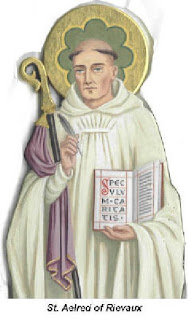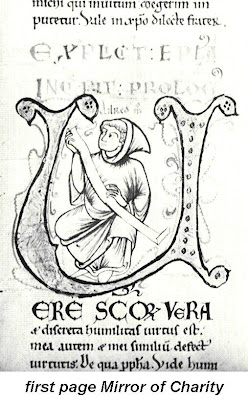Mass Fri
14 January
Gospel Mark 2:1-12.
The thoughts of the presiding priest
spotlighted the Jerusalem
The Jerusalem
Now I find The New Living Translation also
uses “PROVE”
Most of the translations are.
“That
you may know” versions have been in the main.
Ronald Knox turns his own furrow, translating,
“Now to CONVINCE you”.
The Amplified Bible is the most challenging
variant by the clause, “That you know positively and beyond a doubt”.
Further SEARCH see below Sacra Pagina
Considering that the Greek and Latin word
is consistently unvarying.
There follows ths selection of versions.
Mark 2:10 (New Jerusalem Bible)
|
William,
You
have been so kind to pursue this search also.
Thank
you for further clarity.
D.
. .
Knox-Cox commentary - two magnificent passages:
"A dramatic interlude gave Jesus the opportunity of showing
the true nature of his mission (forgiveness of sins), and sufficient
evidence for thinking men of his divine nature".. and .. "This is the
most explicit public claim to divine power that our Lord makes during his
Galilean ministry. He is not claiming delegated power from God.. he claims
authority in his own right as the Messias ('Son of Man'), during his earthly
life. This can only mean that he is God incarnate. He speaks openly like this
mainly for the learned Pharisees; he would have them understand his claim to
divinity from the start."
Jerome commentary - has three good sentences:
"the healing functions as the sign for the validity of Jesus'
declaration about forgiveness"
"Jesus heals by word alone - a fact that confirms the authority of his words about forgiveness"
"Jesus heals by word alone - a fact that confirms the authority of his words about forgiveness"
"the object of the crowd's amazement included both Jesus'
healing power and his claim to forgive sins"
Nelson commentary - adds two reflections:
"[The title] 'Son of Man' - Jesus uses it at this early stage
of his ministry to provoke reflection, and as a hint of his more than human
person. [The words] 'authority' and 'on earth' are direct allusions to Daniel
7:14; Jesus here exercises his authority as universal judge.
Sacra Pagina - has a very interesting translation [based on the
Greek text in Novum Testamentum Graece (27th ed. 1993) / Greek New
Testament (4th ed. 1994) ] and subtle comment:-
But that you might realize that the Son of Man has power on
earth to forgive sin
"This verse constitutes an anacolouthon {new word to me!
Chambers dictionary: want of syntactical sequence, when the latter part
of a sentence does not grammatically fit the earlier}, that is, a departure
from the expected structure of the sentence or flow of thought. Verse 11 could
follow immediately upon v. 9. Many authors interpret the Son of Man saying here
not as a continuation of Jesus' words but as an authorial aside to the reader.
Still, though awkward, the text can be read as a saying of Jesus that interprets
the following action. The key elements of the saying are the title 'Son of Man'
and the phrase 'has power (or authority) on earth'."
In the Interpretation section there are some further reflections
on the richness of "this short narrative for contemporary actualization of
fundamental Christian themes".









